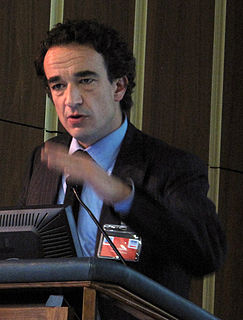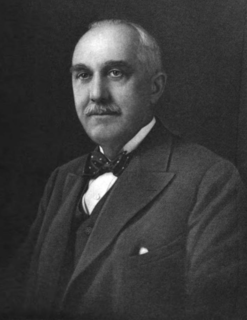A Quote by Agha Hasan Abedi
The conventional definition of management is getting work done through people, but real management is developing people through work.
Quote Topics
Related Quotes
Management did not emanate from nature. Management is not a tree: it's a television set. Somebody invented it. It doesn't mean it's going to work forever. Management is great. Traditional notions of management are great if you want compliance. But if you want engagement, self-direction works better.
This work of connecting our light to the world does not need to be done through a mass movement, or by millions of people. . . .The real work is always done by a small number of individuals. What matters is the level of participation: whether we dare to make a real commitment to the work of the soul.
Companies, as they grow to become multi-billion-dollar entities, somehow lose their vision. They insert lots of layers of middle management between the people running the company and the people doing the work. They no longer have an inherent feel or a passion about the products. The creative people, who are the ones who care passionately, have to persuade five layers of management to do what they know is the right thing to do.
Contemporary technology could be used to eliminate ownership and management of corporations. It could be used to provide - lets say Apple computers. In principle information technology could be used to provide direct information to the work force on the ground so that they could democratically decide what the company would do, eliminating the role of management. It could be used for that. People aren't developing technology for that purpose.
The general systems of money management today require people to pretend to do something they can't do and like something they don't. It's a funny business because on a net basis, the whole investment management business together gives no value added to all buyers combined. That's the way it has to work. Mutual funds charge two percent per year and then brokers switch people between funds, costing another three to four percentage points. The poor guy in the general public is getting a terrible product from the professionals.



































